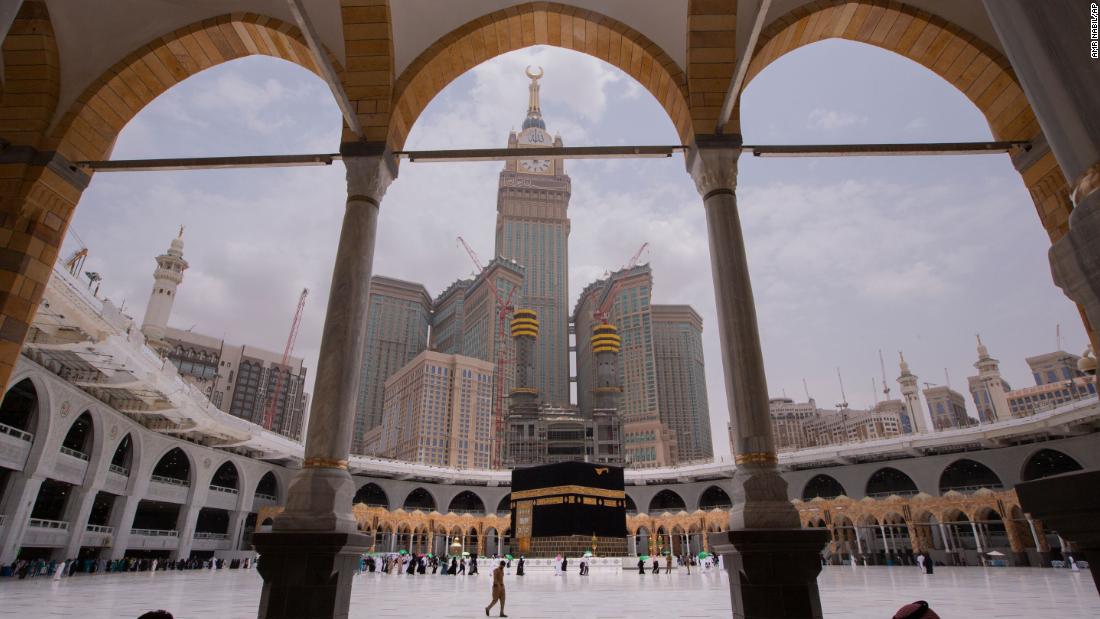(CNN) — There’s one menacing global traveler currently racing through countries faster than Phileas Fogg and its name is the Delta variant.
So how are countries responding? Here are 10 things we learned in pandemic travel this week.
1. The US is keeping its travel restrictions…
The United States is not going to start welcoming tourists from EU member states, the UK, Ireland, China, India, South Africa, Iran and Brazil anytime soon.
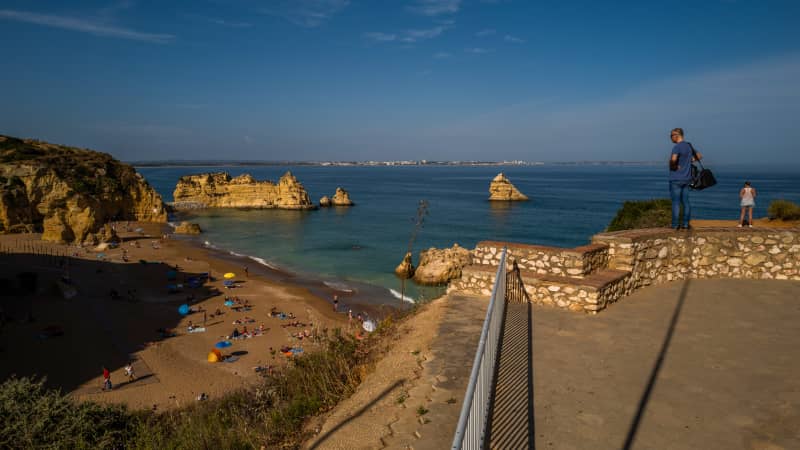
Dona Ana beach in Lagos, Portugal, might look tempting but the CDC advice to US citizens is “Do Not Travel.”
Jose Sarmento Matos/Bloomberg/Getty Images
2. …But its mask guidance has changed
CNN’s Dr. Sanjay Gupta discusses the CDC’s updated guidance that recommends fully vaccinated people wear masks indoors in areas with “substantial” and “high” transmission of Covid-19.
3. UK cases are plummeting and no one knows why
It might be because the European soccer championships are over, it might be because people are spending more time outside due to the warm weather, or it might be because people are reporting fewer positive Covid results because they want to avoid self-isolation — nobody really knows why.
Coronavirus cases in the UK are dropping and whether it’s due to the vaccine rollout or something else, scientists are confused. CNN’s Phil Black reports.
4. Ireland’s pubs reopen at last
Indoor dining has reopened in Ireland to fully vaccinated people and those who have recovered from Covid-19 in the past six months.
Indoor hospitality has been closed for seven months — tough going in a country known for its inclement weather — while some “wet pubs” (those that serve alcohol but not food) have reopened for the first time since March 2020.
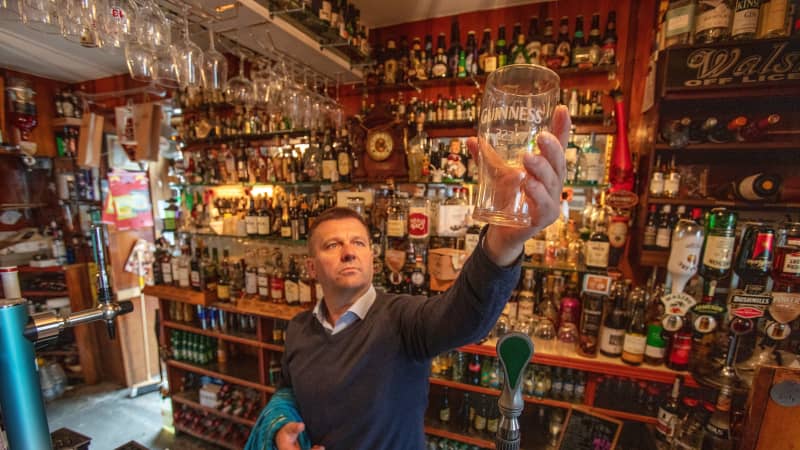
Publican Joe Sheridan poses for a photograph in his closed pub, Walsh’s bar, in the Irish village of Dunmore in September 2020.
PAUL FAITH/AFP/AFP via Getty Images
5. Australia will enforce lockdowns until 70% of adults are fully vaccinated
Australia’s largest city, Sydney, has been locked down for five weeks so far and Prime Minister Scott Morrison said in a news conference Friday that the country will continue to use lockdowns to suppress Covid-19 outbreaks until 70% of adults are fully vaccinated.
“I believe we can get there by the end of the year,” he said.
International borders will begin to open after 80% of that population is fully vaccinated, with arrival caps on Australian citizens dropped and more “travel bubble” deals struck.
Australian Prime Minister Scott Morrison says anti-lockdown protesters are “selfish” for breaking social distancing rules. In the meantime, Hanoi, Vietnam, is under lockdown to try to contain a spike in new cases there. And in Indonesia, restrictions have been extended by a week. CNN’s Michael Holmes reports.
6. All travelers entering Grenada must now be fully vaccinated
Grenadian citizens and children under 13 are exempt.
The island is made up of lush rainforests, spectacular waterfalls and paradise beaches — around 45 of them, in fact. Grand Anse, a three-kilometer stretch of white sand, is the most popular.
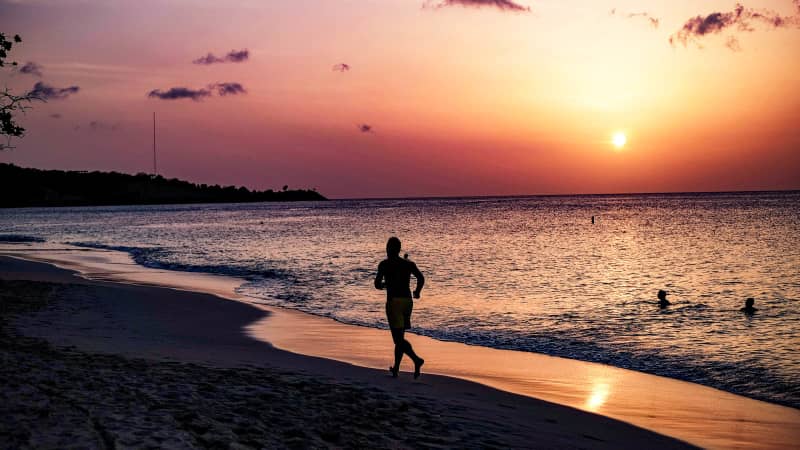
A sunset jog in Saint George’s, Grenada.
JEWEL SAMAD/AFP via Getty Images
7. Pakistan will require public workers, air crew and passengers to be fully vaccinated
The new rule also applies to air passengers and crew.
Asad Umar, head of the National Command and Operations Centre (NCOC), told Reuters that certificates will be required for air travel and school staff from August 1 and for employees of malls, restaurants, public transport and public sector offices from the end of August.
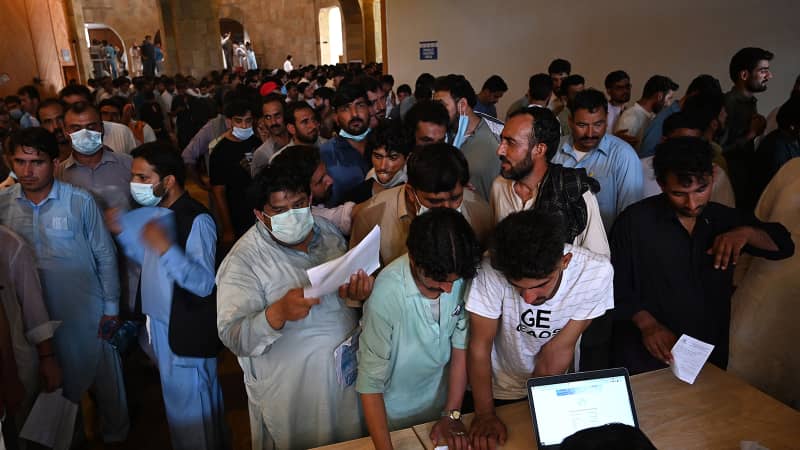
A vaccination center in Islamabad, Pakistan’s capital, in June 2021.
Farooq Naeem/AFP/Getty Images
8. Saudi Arabia might introduce tough measures for travel law-breakers
It cited an unnamed interior ministry official who reportedly said those who violate travel regulations “will be subject to legal accountability and heavy penalties upon their return, and will be banned from travel for three years.”
It’s a warmer welcome for fully vaccinated international tourists, though, who can enter Saudi Arabia from August 1, without the need to quarantine.
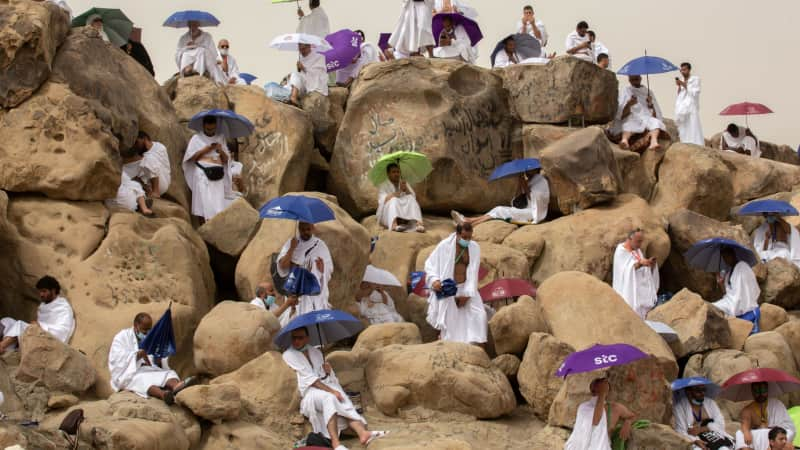
Muslim pilgrims gather to pray on Saudi Arabia’s Mountain of Mercy in July 2021.
Amr Nabil/AP
9. Kuwait bans unvaccinated citizens from international travel
It’s getting cold out here for the unvaccinated.
Also on Tuesday, the country’s aviation authority said that all arrivals in Kuwait must have a negative Covid test before they board their flights. They’ll also have to home-quarantine for seven days until they take a Covid test inside Kuwait which comes out negative.
10. We guess this is one way to isolate within your bubble
However, equipment issues with his unconventional craft forced him to abandon the effort after less than a day and he came ashore in Palm Coast, Florida, to the surprise and alarm of beachgoers.
An incident report by the Flagler County Sheriff’s Office described his craft as a “metal frame with enclosed buoys, manually powered by running.”
CNN’s Phil Black, Forrest Brown, Kaitlan Collins, Jeremy Diamond, Maggie Fox, Tamara Hardingham-Gill, John Harwood, Madeline Holcombe, Niamh Kennedy, Kevin Liptak, Frank Pallotta, Rob Picheta, Kate Sullivan, Angus Watson and David Williams contributed to this story.
